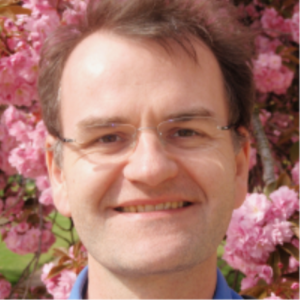 It would have been Steve Biko’s seventieth birthday this weekend. The anti-apartheid leader was beaten to death by the South African Police in a jail cell in 1977. His death was a medical scandal too—doctors acquiesced in his being driven, semi-conscious and chained, the 700 miles from Port Elizabeth to Pretoria. Developing his program of Black Consciousness, Biko had famously written, “the most potent weapon of the oppressor is the mind of the oppressed.” He astutely identified that much half-hearted opposition to apartheid was more the “liberal appeasing his own conscience” than a serious attempt to change the system and abandon privilege.
It would have been Steve Biko’s seventieth birthday this weekend. The anti-apartheid leader was beaten to death by the South African Police in a jail cell in 1977. His death was a medical scandal too—doctors acquiesced in his being driven, semi-conscious and chained, the 700 miles from Port Elizabeth to Pretoria. Developing his program of Black Consciousness, Biko had famously written, “the most potent weapon of the oppressor is the mind of the oppressed.” He astutely identified that much half-hearted opposition to apartheid was more the “liberal appeasing his own conscience” than a serious attempt to change the system and abandon privilege.
A cornerstone of apartheid was the Bantustan system of “independent” homelands. Biko continues, “by making it difficult to get even the 13% of the land, the powers that be are separating our struggles into eight different struggles for eight false freedoms that were proscribed long ago. This has also the overall effect of making us forget about the 87% of land that is in white hands”
Reflecting now on his writings, there is perhaps a message here for us working in healthcare. It is government policy to underfund the NHS by £20 billion per year by 2020. This is a political choice and one which pervades every aspect of health and social care. While working to make the best with the resources we have, we need always to bear in mind that it is political choices which now constrain the available options. Every health and social care indicator is deteriorating, but we are supposed to respond in narrow terms of NHS vs. social care, hospital vs. community reconfiguration. Framed that way, a false consciousness develops of choice and vigorous, rational debate. But in reality we have already conceded all but the straitened field the government has chosen. Instead, we need to consider and assert what is actually required for a decent society and what the barriers to providing that are—the resources and their distribution.
Finally, a warmer message on healthcare from the anti-apartheid struggle. Albie Sachs lost his right arm and the sight in one eye when a bomb placed by the South African Security Services exploded in his car in Mozambique in 1988. Undaunted, he went on to serve as a founding member of the Constitutional Court of South Africa. Writing of his experiences of rehabilitation at The London Hospital in Whitechapel he describes the NHS as “organised love and care.” That is a value, a reality and a consciousness to aspire to.
Nicholas Hopkinson is a reader in Respiratory Medicine, Imperial College London.
Competing interests: None declared.
